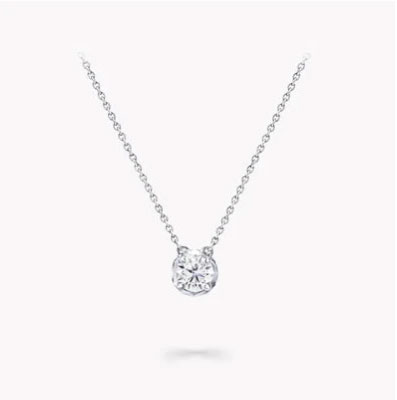What is a Synthetic Gem? A synthetic gem is made in a laboratory, but shares all chemical, optical, and physical characteristics of the natural mineral it was created to look like.
Is this a a new science? No, it’s not. Successful manufacture of synthetic gems began in the late 1800’s. In many cases the the need for gems in industrial settings created a necessity for their manufacture. Synthetic crystals are used in abrasives, microelectronics, communications and laser technology.
If I purchase jewelry, how will I know if the stones are synthetic? U.S. Federal Trade Commission regulations state that marketers of gem material produced in a laboratory state clearly that was not produced naturally. Each one of the organizations listed below has guidelines for their members regarding the disclosure of synthetic gems at the time of sale.
American Gem Trade Association (AGTA)
the International Colored Gemstone Association (ICA)
World Jewellery Confederation (CIBJO)
Gemological institute of America (GIA)
American Gem Society (AGS)
How do I decide whether to purchase nature-made or synthetic gemstones? The most simple explanation of facts for the decision making process is that natural gems will continue to appreciate over time. Synthetic gems will not appreciate and may in-fact loose value as they age.
- Appearance: Lab-created gemstones are often made of cheaper materials and have a more uniform appearance. Natural gemstones, on the other hand, are formed over time by nature and have unique variations in color, clarity, and cut. Keep in mind, however, that both types of stones are graded using the four C’s.
- Cost: Because natural gemstones are rarer and must be mined from the earth, they are more expensive. In contrast, lab-created gemstones typically cost less than natural gemstones because they are mass-produced.
- Durability: Lab-created gemstones are often made of stronger materials and have a higher resistance to wear and tear. Natural gemstones can be more fragile and may be susceptible to damage, depending on the gem.
- Value: Natural gemstones hold more value because of their formation process and the fact that they are rarer. Because of this, they will also increase in value as time passes. Alternatively, lab-created gemstones usually hold less value. While this makes them more affordable to purchase initially, you would receive less return on your investment if you ever decided to sell the gem.
Sources:

